Adapting to a New Era in Sports
Over the past few decades, the landscape of sports has undergone significant changes, impacting not only the athletes but also the coaching methodologies. While some coaches today may seem less adaptive than their counterparts from 20-30 years ago, the shift in dynamics, particularly in female sports and para-athletes, showcases a more creative and adaptive approach. This evolution highlights a new age in team connectivity and player-coach relationships, changing how sports are played and coached.
Why Some Coaches Today Seem Less Adaptive
———————————
Increased Specialization
—————————
Focused Expertise
Modern sports have seen a rise in specialization. Coaches now often focus on specific aspects of the game, such as offensive or defensive strategies, rather than a holistic approach. This can sometimes limit their adaptability, as they might not see the bigger picture as effectively as generalist coaches from the past.
Technological Reliance
The reliance on technology and data analytics has also changed coaching. While data provides valuable insights, over-reliance can reduce a coach’s ability to make intuitive and adaptive decisions on the fly.

Standardization of Training Programs
——————————–
Rigidity in Programs
The introduction of standardized training programs ensures consistency and safety but can also lead to a one-size-fits-all approach. This rigidity can stifle creativity and adaptability, as coaches may be less inclined to deviate from established protocols.
Institutional Pressure
Coaches in high-stakes environments, such as professional leagues and elite colleges, often face pressure to adhere to specific training methodologies and performance metrics. This can limit their willingness to experiment with new techniques.
Commercialization of Sports
——————————
Performance Pressure
The commercialization of sports has placed immense pressure on coaches to deliver results. This focus on winning can lead to a conservative approach, where sticking to proven methods is preferred over innovative strategies.
Media Scrutiny
The constant media scrutiny and public expectations can make coaches hesitant to take risks, fearing criticism and backlash if unconventional methods do not yield immediate success.
The Rise of Adaptability in Female and Para-Athlete Sports
—————————————————–
Embracing Inclusivity and Diversity
—————————————
Tailored Coaching
Coaches in female and para-athlete sports are increasingly embracing inclusivity and diversity. This approach requires adaptability to address the unique needs and strengths of each athlete, fostering a more personalized and effective coaching style.
Holistic Development
There is a greater focus on the holistic development of athletes, considering not just physical performance but also mental and emotional well-being. This comprehensive approach necessitates adaptable coaching methods that go beyond traditional training.
Innovative Training Techniques
———————————–
Creative Problem-Solving
Coaches working with para-athletes often need to be highly creative and adaptive due to the varying physical abilities of their athletes. This has led to the development of innovative training techniques and adaptive equipment.
Interdisciplinary Approaches
The integration of disciplines such as sports psychology, nutrition, and biomechanics into training programs has enhanced the adaptability of coaches. This interdisciplinary approach allows for a more nuanced understanding of an athlete’s needs and potential.
Empowerment and Collaboration
—————————————–
Player-Centered Coaching
There is a growing trend towards player-centered coaching, where athletes are empowered to take an active role in their development. This collaborative approach enhances team connectivity and fosters a more adaptive coaching environment.
Leadership and Mentorship
Female coaches and coaches of para-athletes often emphasize leadership and mentorship, creating an environment where athletes feel supported and motivated. This relational dynamic encourages continuous adaptation and growth.
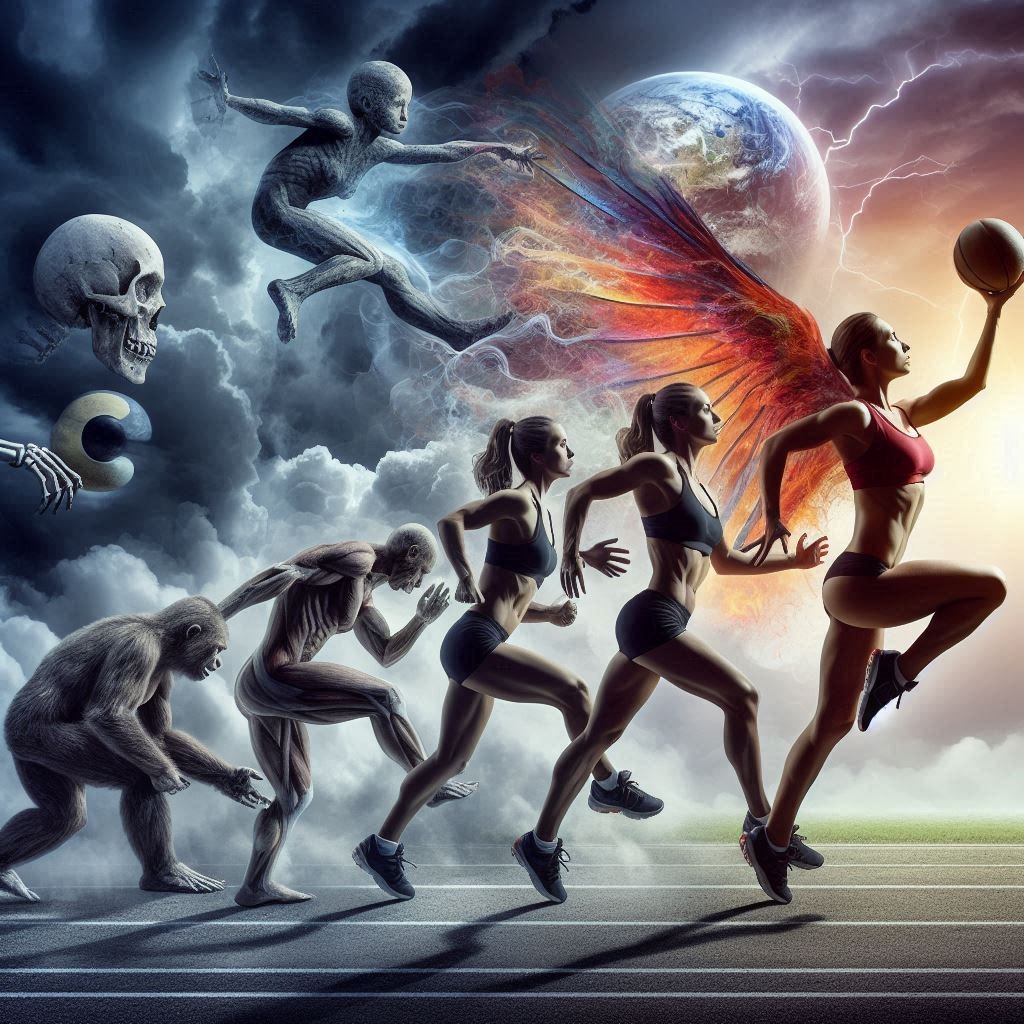
Technological Integration
——————————
Advanced Analytics
While technology can sometimes stifle creativity, it also provides opportunities for more adaptive coaching. Advanced analytics help coaches track progress, identify areas for improvement, and tailor training programs to individual needs.
Virtual Coaching
The rise of virtual coaching and online training platforms has increased accessibility to specialized coaching, allowing athletes to receive personalized guidance regardless of their location.
A New Age in Team Connectivity and Player-Coach Identity
————————————————–
Enhanced Communication
———————–
Open Dialogue
Modern coaching places a significant emphasis on open communication between players and coaches. This fosters a deeper understanding of each player’s needs and preferences, allowing coaches to adapt their methods accordingly.
Feedback Loops
Regular feedback sessions and performance reviews create a continuous feedback loop, ensuring that coaching strategies remain dynamic and responsive to the evolving needs of the team.
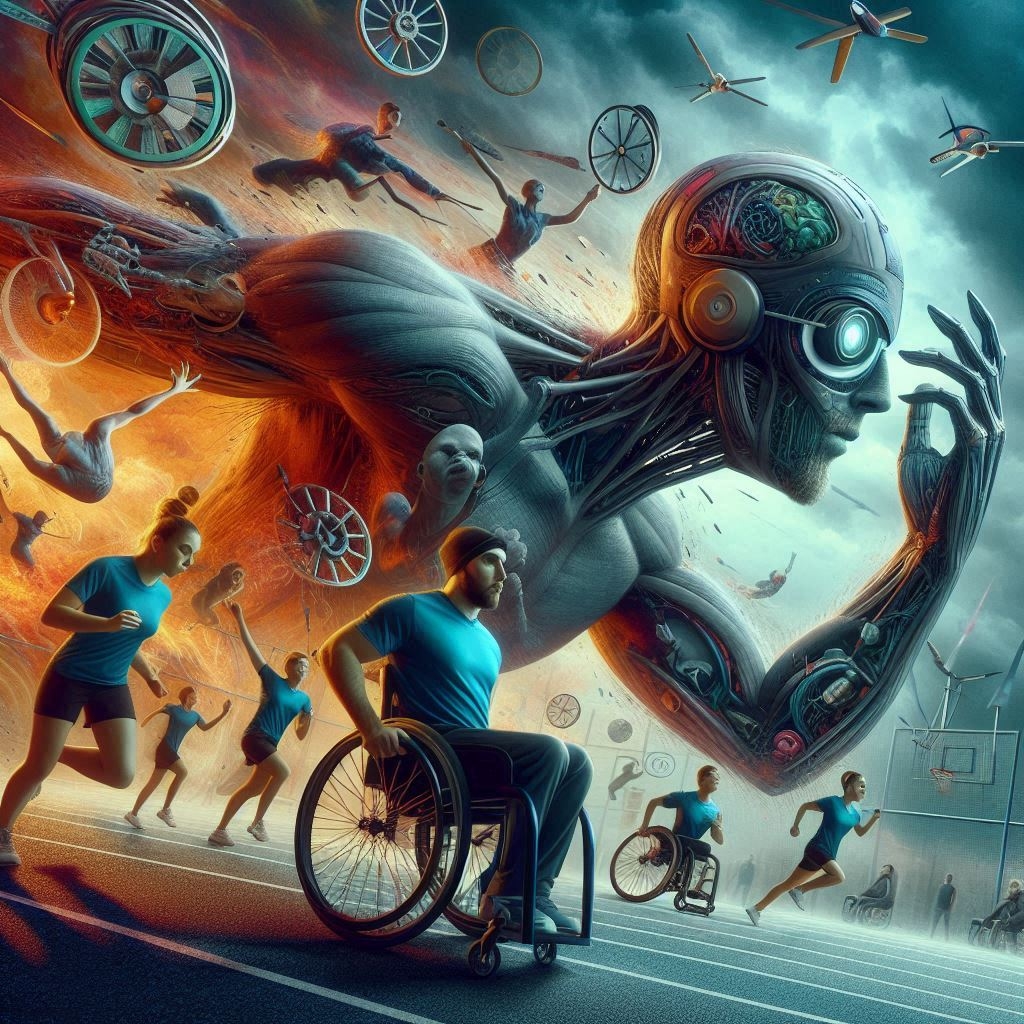
Cultural Sensitivity
——————————-
Respecting Diversity
Coaches today are more aware of the cultural and personal backgrounds of their athletes. This cultural sensitivity leads to more respectful and adaptive coaching practices, ensuring that all athletes feel valued and understood.
Inclusive Leadership
Inclusive leadership practices promote an environment where diverse perspectives are encouraged and embraced, leading to more innovative and adaptable coaching strategies.
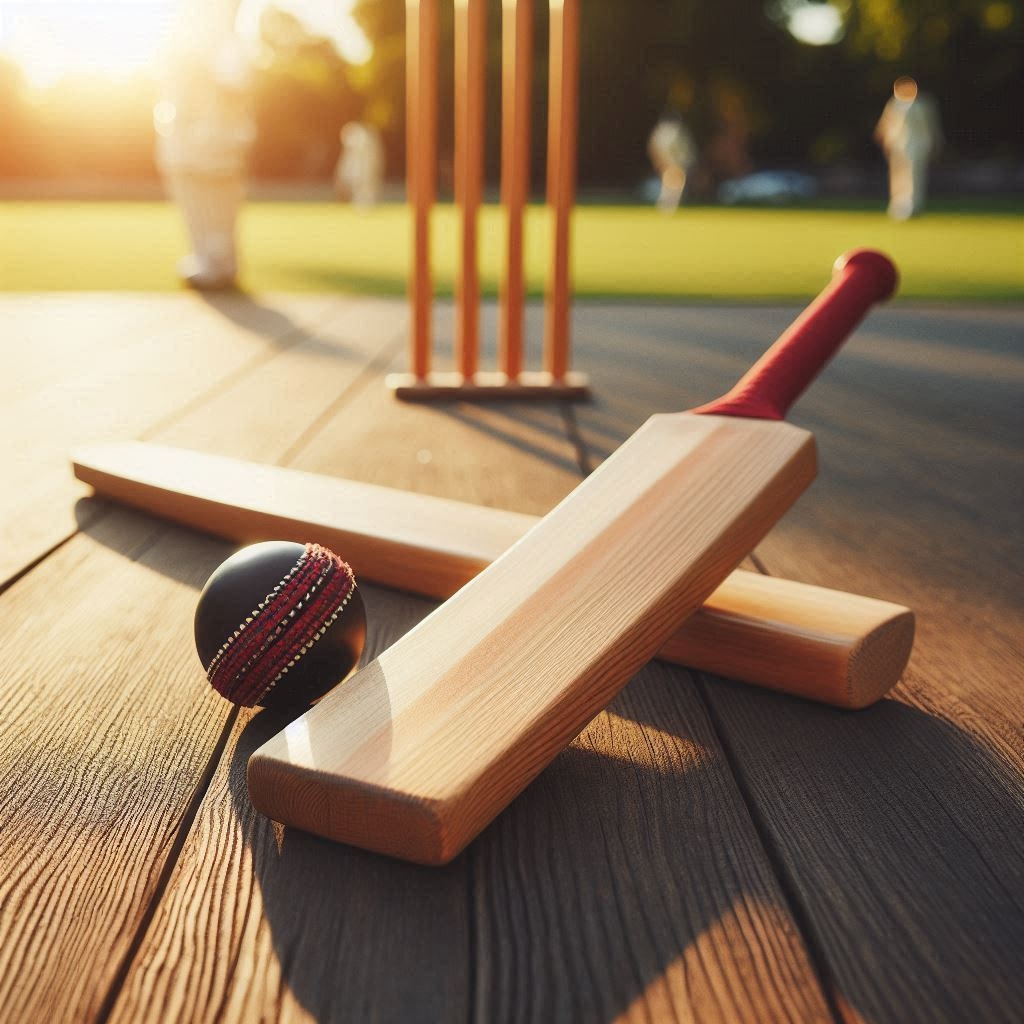
Building Trust and Respect
——————————-
Relational Coaching
Building strong, trust-based relationships between players and coaches is a cornerstone of modern coaching. This relational approach enhances team connectivity and ensures that players feel supported and motivated.
Authentic Leadership
Coaches who lead with authenticity and integrity inspire trust and respect from their athletes. This fosters a positive team culture where adaptability and innovation can thrive.
Impact on Different Levels of Sports
————————–
Kids Sports
———————————–
Foundation of Adaptability
Coaches at the grassroots level are focusing on fostering adaptability and creativity among young athletes. By encouraging free play and experimentation, they help children develop a love for the game and build a strong foundation for future sports participation.
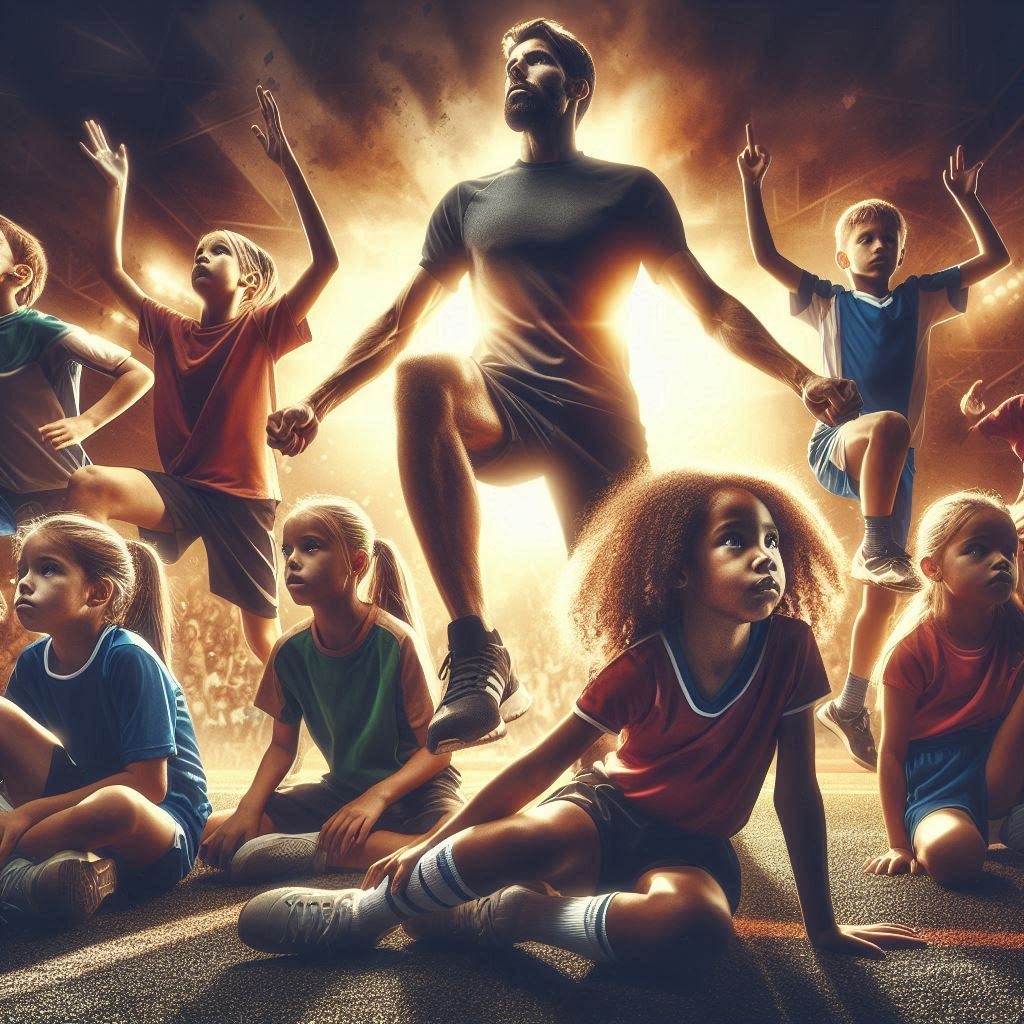
Junior and Rep Sports
——————————
Holistic Development
In junior and representative sports, coaches are adopting a holistic approach to athlete development. Emphasizing both physical skills and mental resilience, they prepare young athletes for the challenges of higher-level competition.
Specialized Training
While specialization is necessary at this level, adaptive coaches ensure that training remains flexible and responsive to the individual needs and growth of each athlete.
Professional Sports
———————————
Performance Optimization
At the professional level, the focus is on optimizing performance through advanced techniques and data analytics. Adaptive coaches use real-time data to make strategic decisions and tailor training programs to maximize an athlete’s potential.
Mental Health Support
Recognizing the pressures of professional sports, coaches are integrating mental health support into their programs, ensuring athletes have the resources they need to maintain peak performance.
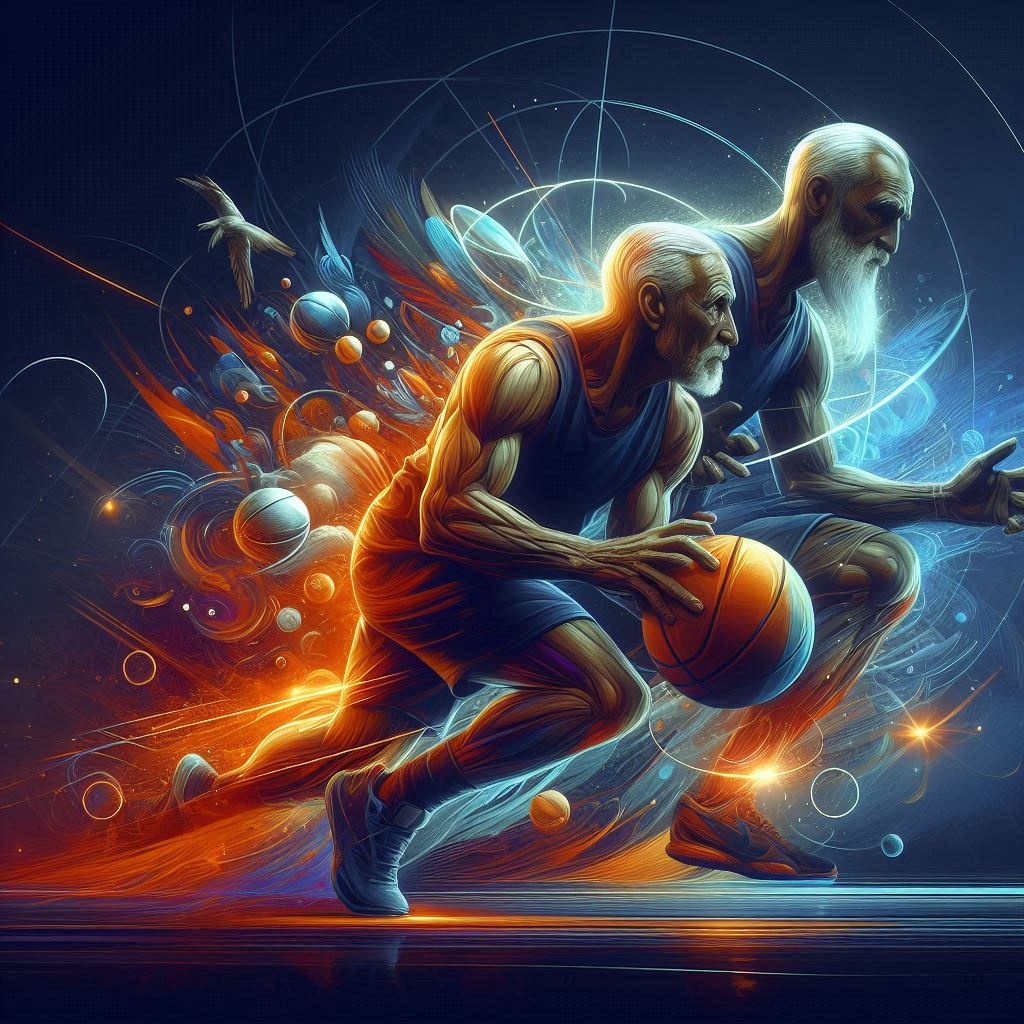
Older People’s Sports
————————————–
Inclusivity and Accessibility
Coaches working with older athletes emphasize inclusivity and accessibility. Adaptive training programs that accommodate different fitness levels and physical limitations are essential for promoting lifelong participation in sports.
Focus on Wellness
The approach is often centered on overall wellness and enjoyment rather than competitive success, encouraging older individuals to stay active and healthy.
Para Sports
——————————
Adaptive Coaching Techniques
Coaches of para-athletes are at the forefront of innovation, constantly developing new methods and equipment to meet the unique needs of their athletes. This requires a care with a high degree of adaptability and creativity.
Empowerment and Independence
Empowering para-athletes to take control of their training and development fosters independence and confidence, essential for both sports performance and personal growth.

LGBTQI Sports
————————–
Inclusive Environment
Creating an inclusive environment where LGBTQI athletes feel safe and respected is crucial. Coaches play a pivotal role in fostering this inclusivity, ensuring that all athletes can participate without fear of discrimination.
Community and Support
LGBTQI sports often emphasize community and support, with coaches encouraging strong team bonds and mutual respect among athletes. This sense of belonging enhances both individual and team performance.
Conclusion
The evolution of coaching in modern sports reflects broader changes in society and the sports industry. While some coaches today may seem less adaptive due to increased specialization, standardization, and commercialization, the landscape of female sports and para-athlete coaching showcases a more adaptive and innovative approach. This new age in team connectivity and player-coach identity emphasizes inclusivity, collaboration, and holistic development, setting a new standard for what effective coaching looks like in the 21st century.
For product and books on coaching click here
Join the Discussion
What are your thoughts on the evolution of coaching in sports? Have you experienced or observed innovative coaching methods that have made a difference?
#SportsCoaching #ModernCoaching #AdaptiveCoaching #HolisticDevelopment #SportsInnovation #InclusiveCoaching #SportsScience #PlayerCentered #TechInSports #MentalHealthAwareness #TeamConnectivity #ParaSports #FemaleAthletes #JuniorSports #KidsSports #ProSports #LGBTQISports #OlderAthletes #SportsEthics #CulturalSensitivity #PerformanceOptimization #AthleteWellbeing #SportsEvolution #TrainingTechniques #CoachingTrends #SportsLeadership #AthleteEmpowerment #InclusiveSports #PlayerCoachRelationship #AdaptiveTraining

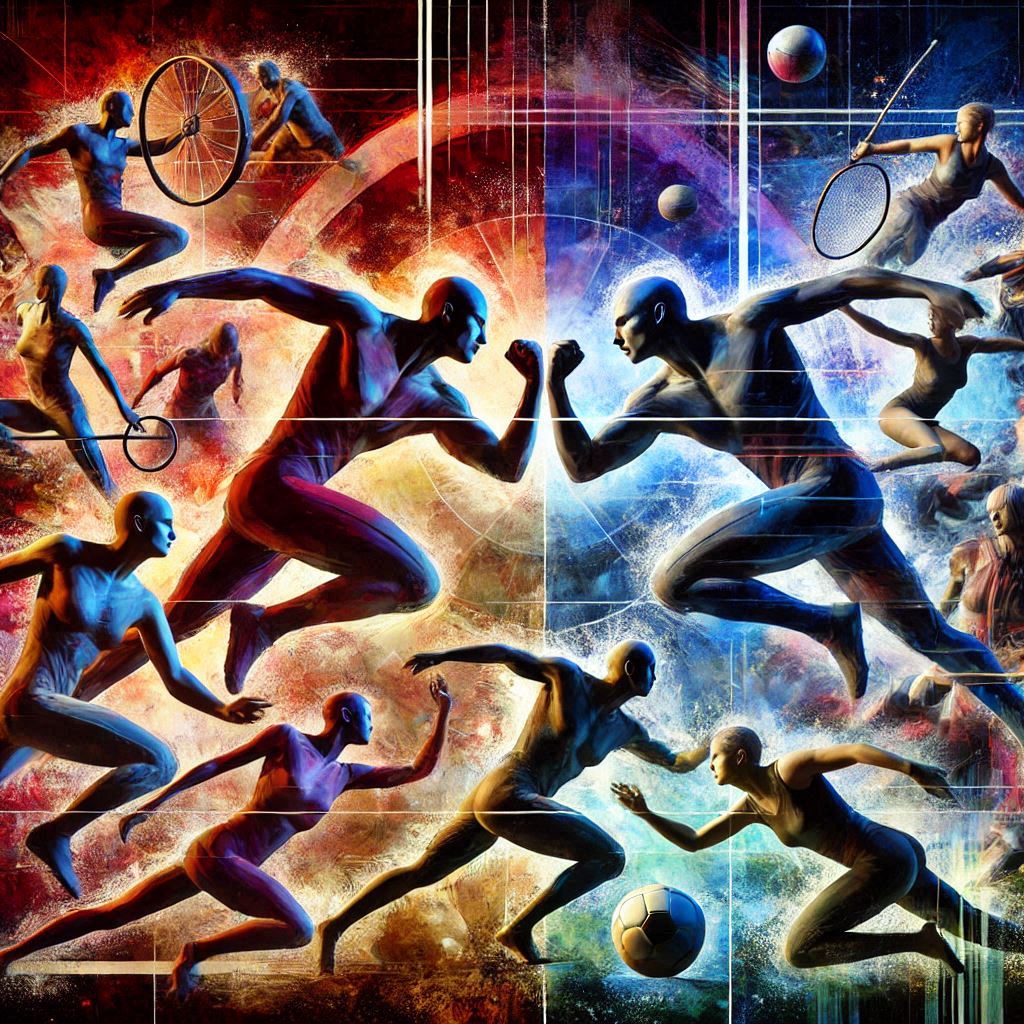
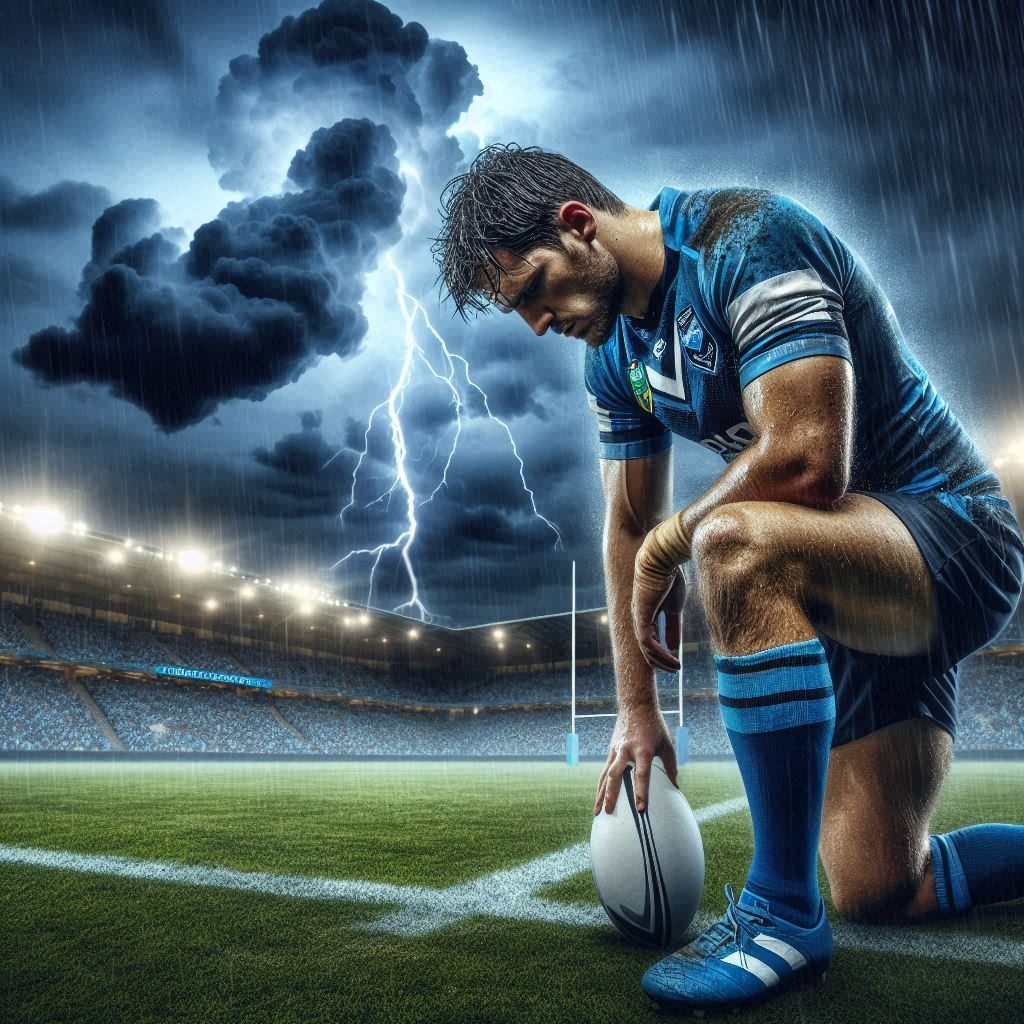

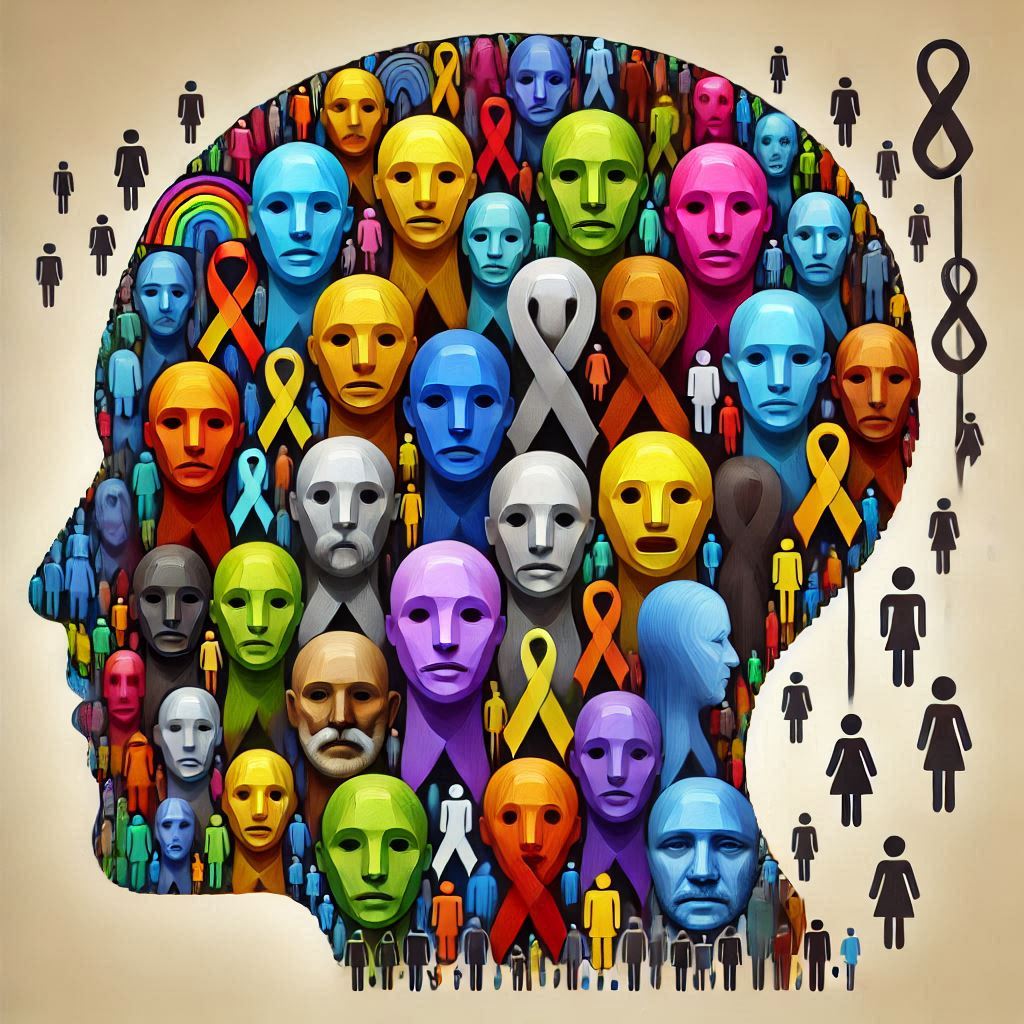
I’m truly enjoying the design and layout of your site. It’s a very easy on the eyes which makes it much more enjoyable for me to come here and visit more often. Did you hire out a developer to create your theme? Fantastic work!